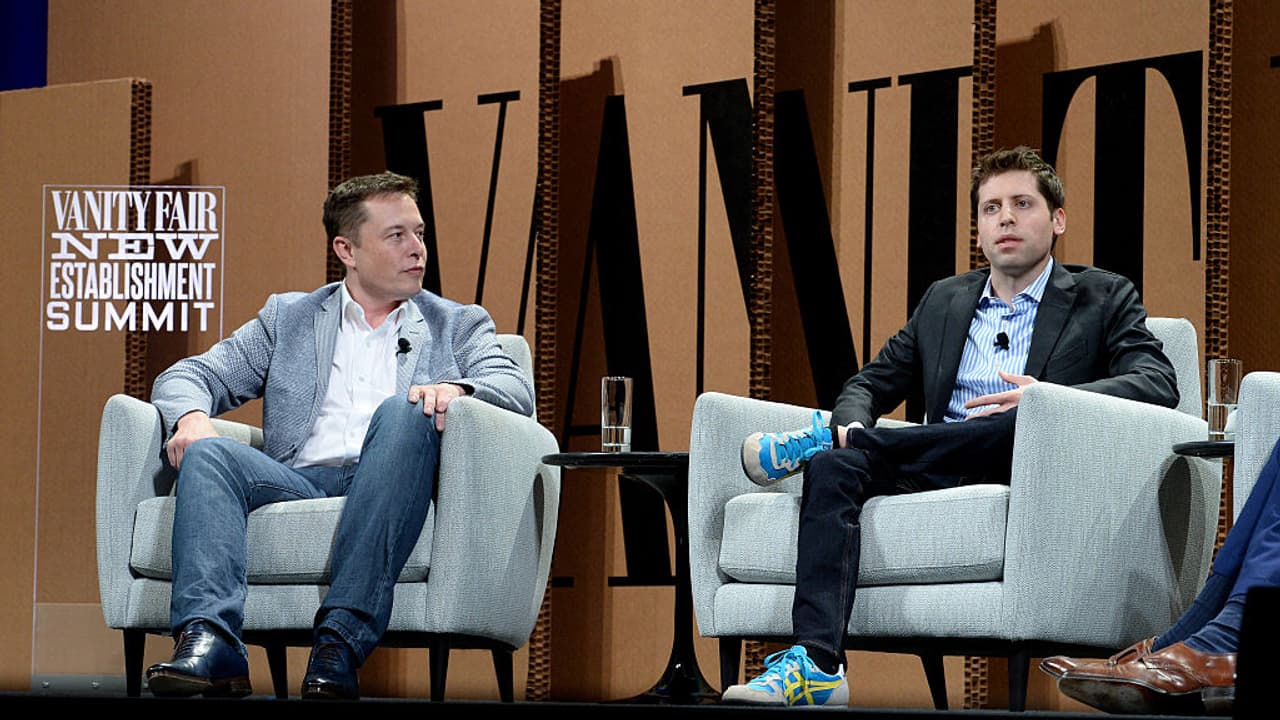Suchir Balaji was found dead in December 2024, with official rulings supporting suicide despite family doubts. He had publicly criticized OpenAI’s copyright practices regarding ChatGPT before resigning over ethical concerns about AI’s potential harm.
Bengaluru: Months after the death of former OpenAI researcher and whistleblower Suchir Balaji, CEO Sam Altman spoke publicly about the tragedy and said that it was a suicide. When former Fox News host Tucker Carlson asked directly if he thought Balaji had taken his own life, Altman responded, “I really do,” adding that Balaji was a long-time colleague and someone he respected. He said the incident deeply affected him, explaining that he had spent considerable time reviewing the circumstances surrounding Balaji’s death. Elon Musk, however, sharply disagreed with Altman’s assessment. Responding on X, Musk called Balaji’s death a murder, quoting the interview where Altman insisted it was a suicide. Musk highlighted the controversy surrounding Balaji’s whistleblowing and the accusations he had raised about OpenAI, fueling ongoing debate over the circumstances of his untimely death.
Balaji, 26, was found dead in his San Francisco apartment in December 2024. Authorities, including the San Francisco Police Department and the Chief Medical Examiner, reported no signs of foul play and officially ruled his death a suicide. Despite this, Balaji’s family continued to express doubts. His mother, Poornima Rao, told Business Insider that her son had become increasingly concerned about AI, particularly OpenAI’s commercial direction with ChatGPT, and that his growing skepticism had weighed heavily on him. She added, “It doesn’t look like a normal situation.”
Suchir Balaji had Questioned OpenAI
Balaji had spent nearly four years at OpenAI, including 1.5 years working on ChatGPT, and was widely recognized for his contributions to artificial intelligence. In recent months, he became known for his outspoken criticism of the legal and ethical challenges posed by generative AI, particularly regarding copyright and fair use. In his final post on X (formerly Twitter) on October 24, Balaji expressed deep skepticism about the notion that “fair use” could serve as a legal defense for generative AI models. He argued that tools like ChatGPT often produce outputs that directly compete with the copyrighted material used in training, raising questions about their legality and ethical implications. Balaji also encouraged machine learning researchers to better understand copyright law and its nuances, emphasizing that the issue extends far beyond any single company or product.
Balaji had publicly accused OpenAI of violating copyright laws in developing ChatGPT and warned that the company’s practices could harm authors, programmers, and journalists whose work was used to train the AI. Disillusioned with the technology’s potential societal impact, he eventually resigned, stating that he could not support the development of tools he believed might cause more harm than good.
